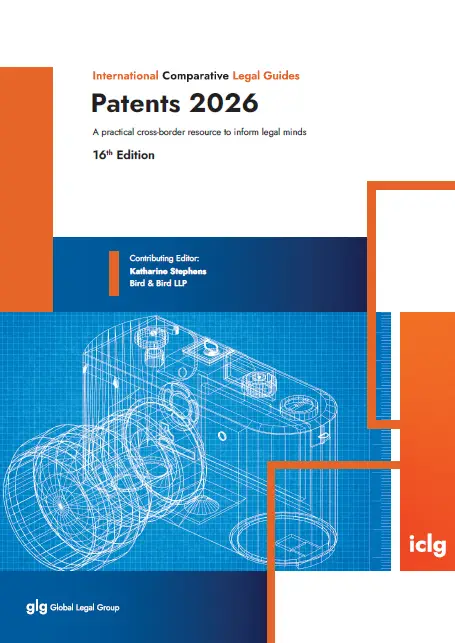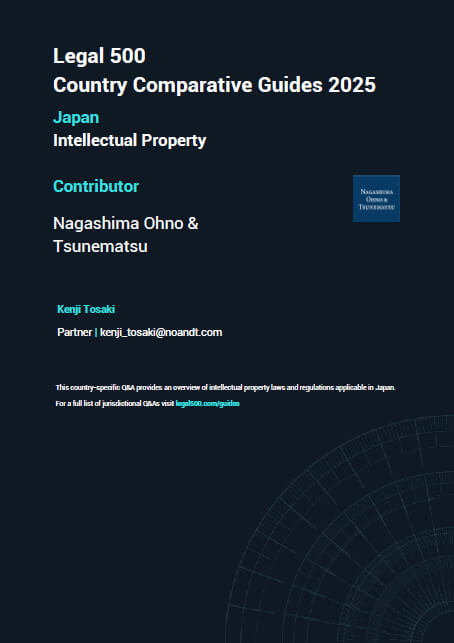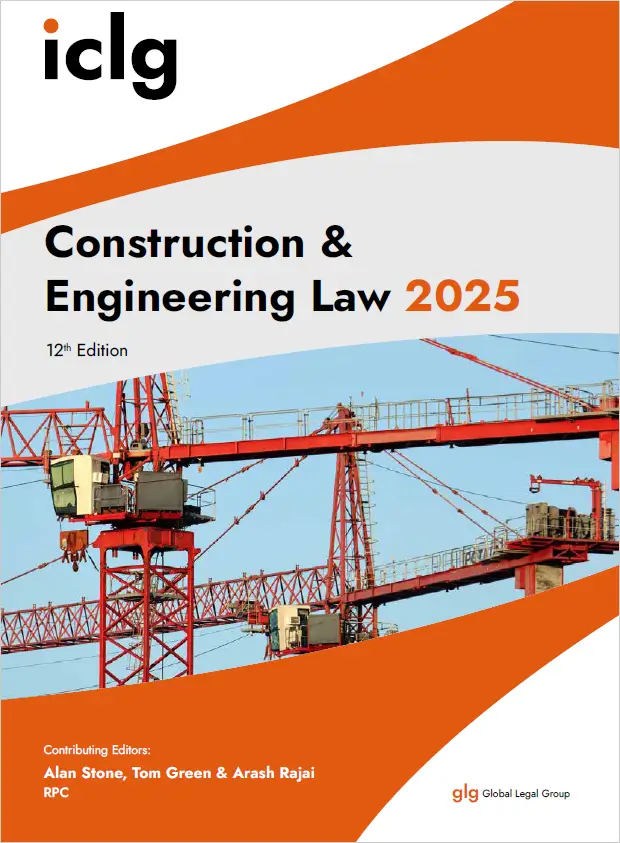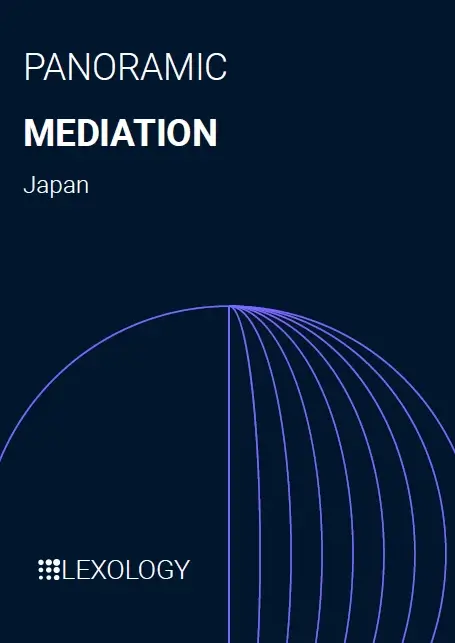
NO&T Asia Legal Review
On 1 November 2021, a bill to amend the Legal Profession Act (“LPA”) to allow conditional fee arrangements (“CFAs”) in Singapore, was introduced in Parliament and read for the first time. In CFAs, commonly known as “no win, no pay” agreements, lawyers’ fees are paid when certain pre-agreed conditions are met, such as success in a case.
The proposed amendments would permit law firms and lawyers in Singapore to enter into CFAs for international arbitrations and related court proceedings, among others. If passed, this would mark the first time that outcome-dependent fee structures are permitted in Singapore.
At present, lawyers in Singapore are not permitted to charge any type of outcome-dependent fee for the work rendered. The statutory prohibition against outcome-dependent fees has its roots in English common law. While in England the prohibition against CFAs was removed in 1990, thus far the prohibition has remained in Singapore law. However, recent changes in Singapore law and the commercial litigation landscape have prompted the Ministry of Law to re-look at this prohibition.
In 2017, the Civil Law Act was amended to permit third-party funding arrangements in certain prescribed contentious proceedings, including domestic and international arbitration proceedings and related court and mediation proceedings. More recently and in response to the growing interest in alternative funding arrangements for commercial claims, the Ministry of Law announced in late 2019 that it would undertake a public consultation on the possibility of allowing CFAs for certain legal proceedings. This exercise has reportedly received positive feedback from the legal profession and users of dispute resolution services alike.
The amendments to the LPA concerning CFAs are set out in proposed new sections 115A to 115F of the LPA. These include the following.
CFAs will be regulated through the implementation of safeguards to protect litigants’ interests. This will be done through subsidiary legislation / further regulations, and would include the following (see Section 115B(7) of the proposed amendments):
Safeguards such as these are important as the implementation of a CFA may raise concerns about potential conflicts between the legal practitioner / law practice’s interests and those of their clients.
Fees agreed under a CFA will also be subject to the existing professional conduct rules in Singapore against overcharging by legal practitioners / law practices.
The proposed amendments to the LPA to introduce CFAs are a promising step forward for the Singapore legal market to remain competitive and responsive to litigants’ needs.
The introduction of CFAs could benefit litigants in the following ways. First, CFAs may facilitate access to justice. As lawyers’ fees due under a CFA are outcome-dependent, such arrangements would enable businesses or individuals with meritorious claims to explore alternative funding options. CFAs may also facilitate the efficient resolution of disputes by encouraging legal practitioners to be more cost-conscious or effective in managing cases. With CFAs in place, there would be less incentive for lawyers to pursue weak or frivolous claims.
Singapore presently ranks among the world’s preferred places for arbitration. As CFAs are being considered for arbitration and related court proceedings, this development would further strengthen Singapore’s stature as a major international center for dispute resolution.
Commercial parties and legal practitioners in Singapore are sure to be keeping a close eye on these developments, and will be looking forward with interest to further debate and discussion on the bill when the Second Reading is announced.
This newsletter is given as general information for reference purposes only and therefore does not constitute our firm’s legal advice. Any opinion stated in this newsletter is a personal view of the author(s) and not our firm’s official view. For any specific matter or legal issue, please do not rely on this newsletter but make sure to consult a legal adviser. We would be delighted to answer your questions, if any.


(October 2025)
Kenji Tosaki


Claire Chong, Nozomi Kato (Co-author)


(September 2025)
Kenji Tosaki


(August 2025)
Oki Mori, Akiko Inoue (Co-author)


Claire Chong, Nozomi Kato (Co-author)


(August 2025)
Kaori Sugimoto


Justin Ee, Kennosuke Muro (Co-author)


(July 2025)
Junichi Ikeda, Tomohiko Nabeshima, Akiko Inoue (Co-author)


Claire Chong, Nozomi Kato (Co-author)


Yuan Yao Lee


Hoai Truong


Nopparak Yangiam, Parot Promkam (Co-author)


Claire Chong, Nozomi Kato (Co-author)


Yuan Yao Lee


Hoai Truong


Nopparak Yangiam, Parot Promkam (Co-author)


Claire Chong, Nozomi Kato (Co-author)


Justin Ee, Kennosuke Muro (Co-author)


Kara Quek, Kennosuke Muro (Co-author)


Annia Hsu, Kennosuke Muro (Co-author)